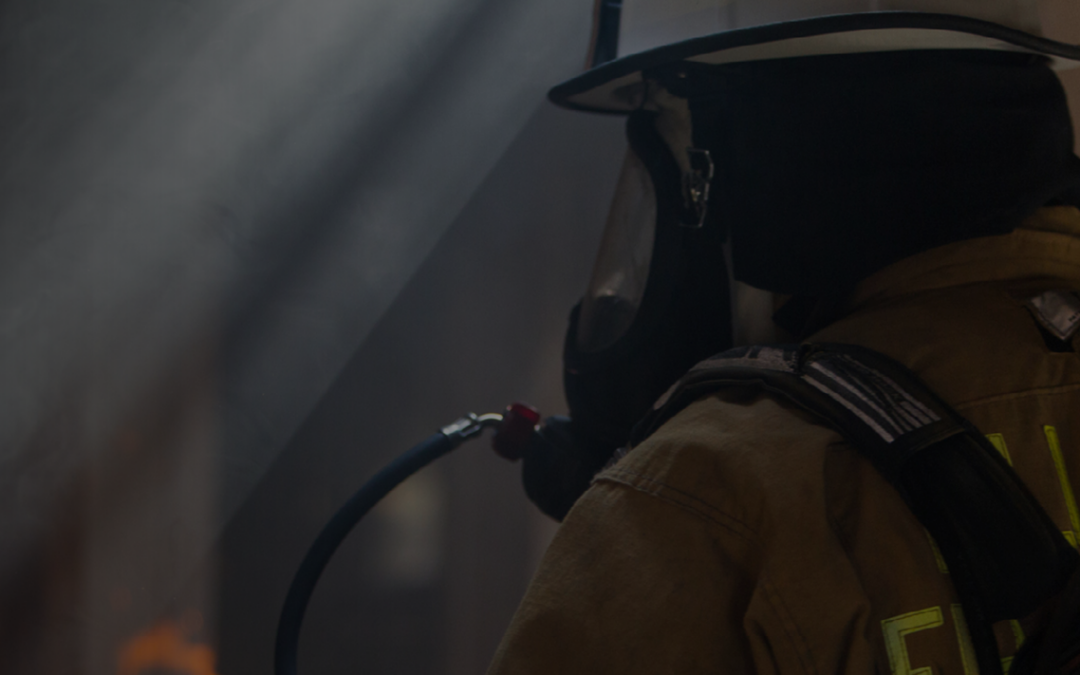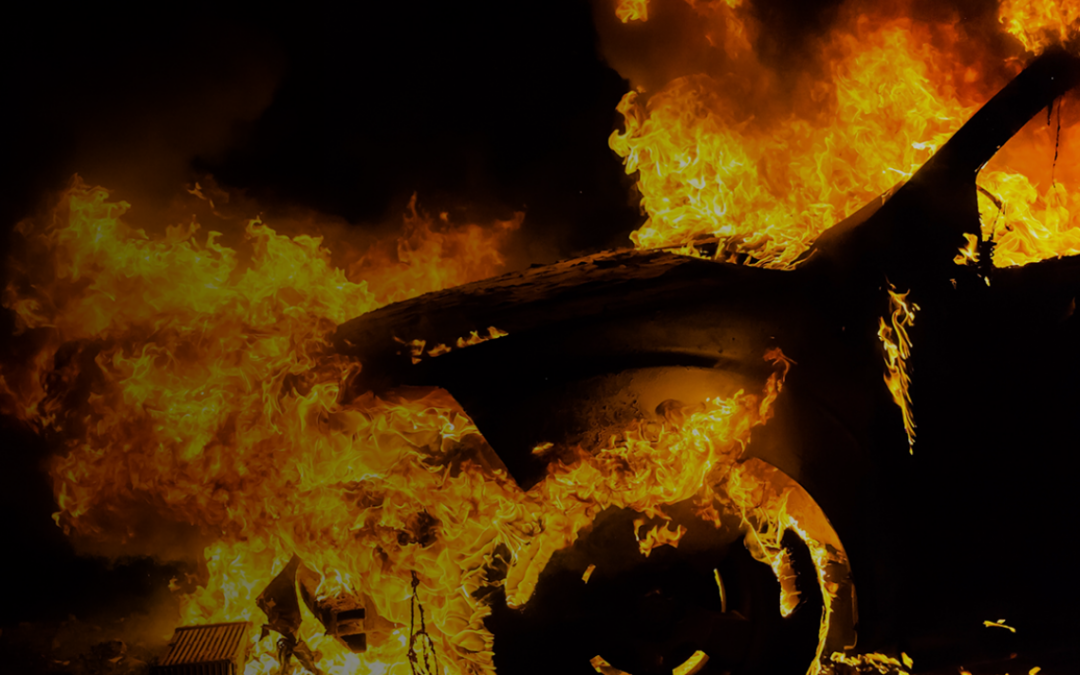Firefighter Exposure Tracking
Category: Fire
Gordon Graham here with Today’s Tip from Lexipol. Today’s Tip is for my friends in the fire service. Today I’m talking about being your own record keeper.
Every week, we read about firefighters being denied job-related cancer benefits. This happens despite the fact that nearly all states and Canadian provinces have presumptive cancer laws.
Claims are denied for a variety of reasons. But the one that sticks out is “insufficient proof of exposure to carcinogens.”
But how can you prove you’ve been exposed to carcinogens? Simply saying “I’ve been a firefighter for the last 15 years” is not enough.
Fire department incident reports and company journals can be helpful, but can you remember the date and address of every incident you ever responded to? You need something more.
And that’s where a personal journal comes in. The idea here is to create a record of every call – medical calls, dumpster fires, car fires, brush fires, false alarms, chemical warehouse fires.
By keeping a log or exposure report for every incident, you create your personal record. It doesn’t need to be fancy. Any hard-bound notebook will do, or you can use one of the exposure apps available, such as the National Fire Operations Reporting System. Also consider using both a notebook and an app.
Make your entries as soon as possible after the incident. Include the date, time, incident address, and most importantly, a brief description of the work you performed.
If you face a cancer diagnosis, your journal can help you track down the official records you may need. This could be key to receiving the medical coverage and compensation benefits you deserve.
And, hey, if you include enough detail, it could even become the basis of a future bestseller!
And that’s Today’s Tip from Lexipol. Gordon Graham signing off.





